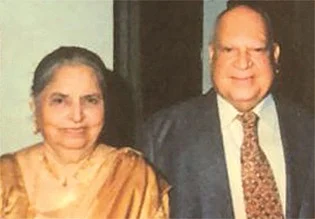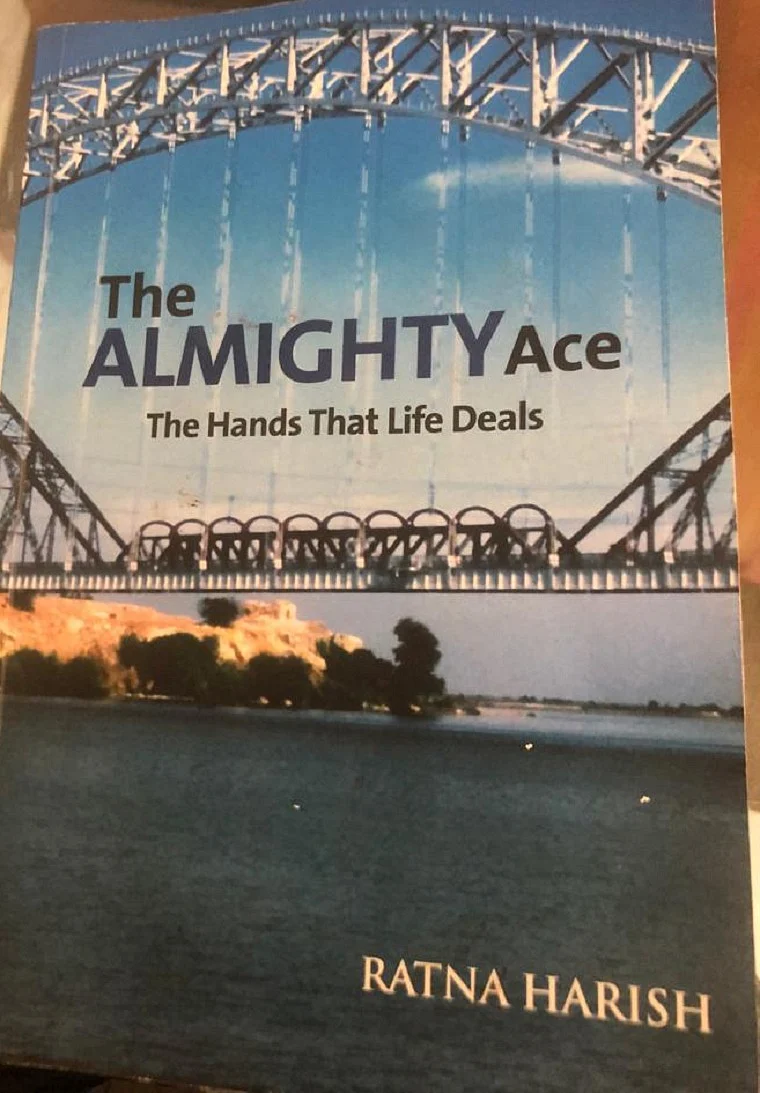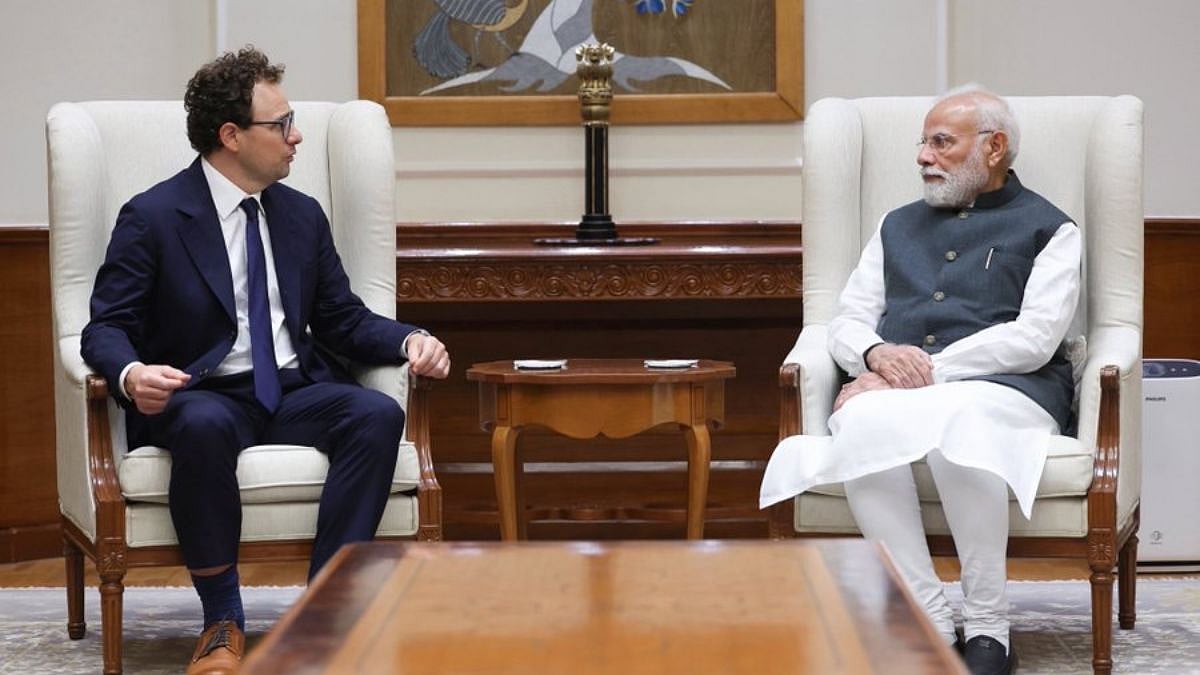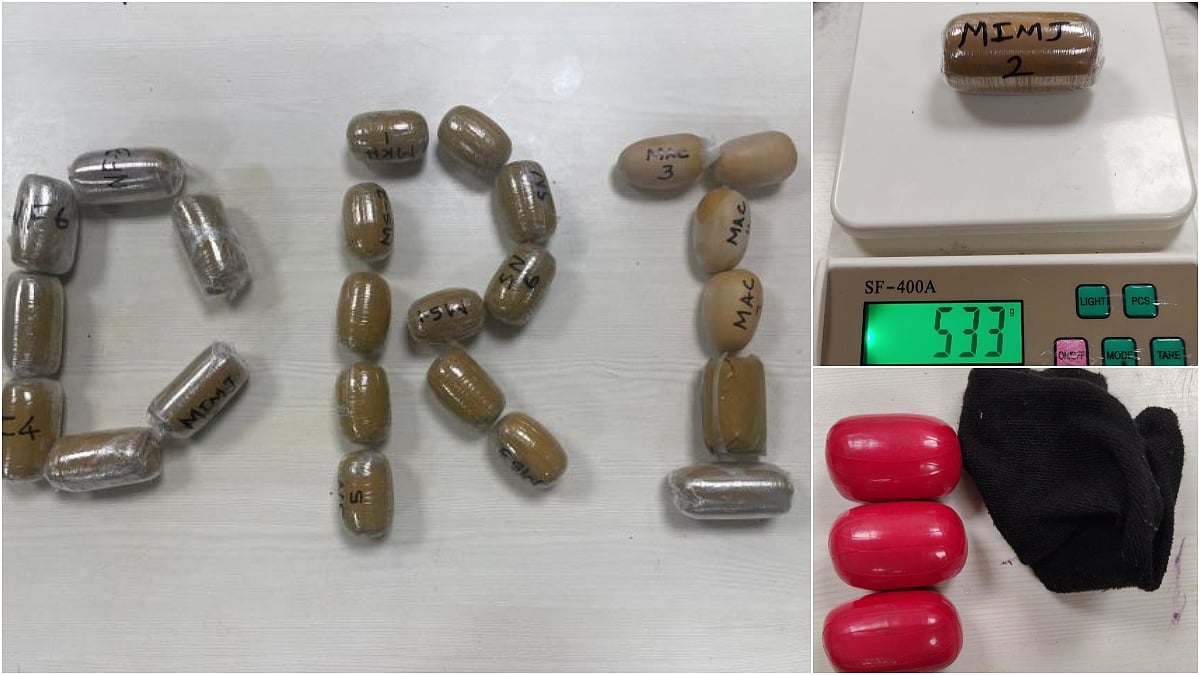A child in Sukkur reminiscing about her father who died very young
Dateline: April 14, 2006
Seven decades and some odd years ago, I can picture a tiny girl, maybe 4, standing on the terrace of her big house in Sukkur, Sindh, now in Pakistan. There was a wooden bed and lying on it was a very sick man, thin and worn out. The little girl that is me still can’t shake the sight of the sick man, her father, and his piercing eyes pinned on the little girl, empathising with his tiny daughter who was to lose her father. I feel so proud of my father and my heritage. They said he was a very honest, hardworking young man, he was in an important government position, his immediate boss an Englishman. Maybe even the collector of Sukkur. They said he would travel a lot with many senior English officials who were so satisfied with his work and sincerity that he was granted 60 acres of farmland nearby, and until Partition, in every season we used to get so much produce from it - wheat, pulses and vegetables.
A beautiful life in Sukkur
Dateline: November 7, 2006
We have everything here in India, especially in Mumbai, so I wonder why I miss my Sindh. My Sukkur on the banks of the River Sindhu (Indus) was beautiful and the long, wide stretch of land on the river bank was great for evening and night walks. Women would walk along the ghats, while men would go for a swim in the mighty river. At the time of the Cheti Chand Mela, thousands would gather by the Sindhu river and would enjoy great food.

Ratna and DM Harish |
The Sadh Belo in the middle of River Sindhu was a great place of worship. The temple had silver doors in several rooms, and sitting on its marble floor in the summer was a great feeling. The garden in Sadh Belo was a picnic spot, where peacocks came out to dance. My God, I miss my Sukkur!
Inqilab Zindabad - Long Live Revolution
Dateline: Jan 18, 2007
In the first quarter of 1945, the political atmosphere was hot. Inqilab Zindabad was on the lips of every Indian. India for Indians. British go back. The khadi movement was in full force. Even though goods, English, Japanese and Chinese, were available, we opted for khadi and Indian silks. The Congress Party had a great following. I remember in 1946, several people gathered on the Indus river banks and vowed to free the country from foreign rule. In those days, there was no friction between Hindus and Muslims. In Bengal, and maybe in Punjab, but Sindh was peaceful, even though it was Muslim-dominated. I don't remember any instance of rioting. In Sindh, apart from the Congress, the RSS was a strong force and held regular shakhas everywhere – in Karachi, Hyderabad, Sukkur, Shikarpur – but their movements were secret. Our brothers and friends who were part of the organisation never gave any indication of what they were up to.

Wedding, freedom & the trauma of Partition
Dateline: Jan 18, 2007
Editor’s note: Ratna and Harish (DM Harish) were married in Rohri (Sindh) on March 10 1947. Following that they left for Bikaner for business. Shortly after that, Ratna returned to Sindh, while her husband was still in Bikaner
As I remember, on August 19 or 20, 1947, the whole turmoil started in Sindh. Hindus were being attacked in Quetta, Baluchistan. Hindus who had settled down in Quetta for years, panicked and rushed to Sukkur - the nearest big station. It was an area in upheaval with refugees all over the place. Otherwise empty bungalows in our neighbourhood were full of refugees crying and wailing. My God, heaven had turned into hell! The atmosphere was volatile. People spoke in whispers, but our Sukkur and Rohri were still peaceful except for the agitated refugees from Quetta.
Again, as luck would have it, a family friend left Quetta and wanted to go to Bikaner along with the whole family. He asked me to come along. I left on August 30 for Bikaner. There was no time to inform my husband (who was already in Bikaner) and family. To my good luck, that was the last train which crossed the city of Hyderabad, the Pakistan border town, to Jodhpur, the first big town in India…
The first shock I got was when my connecting train from Lahore arrived five hours late. After waiting for a few hours, when I entered the ladies compartment at lshatanda, the ladies told me what had happened in the same compartment – murders at Lahore station. The news was terrifying but even at that time, our Sindh was peaceful.
In September, the situation became more difficult. Trains were full. Railway stations especially those situated in Hyderabad, Sindh, were not safe. Sindhi Hindus were being looted, detained in jails, starving. Later on, people from Lower Sindh poured into Karachi, a harbour town, and came to India via ships and some by special planes. Some were robbed of their jewellery hidden under their clothes. Some lost their lives. It was tragic. My brother who had been carrying very old jewellery which we had in our possession for several years, was robbed and came to India empty-handed. Those who travelled by ship came to Bombay and were sent to various refugee camps in Bhandup, Kalyan and other places. Refugees who came by train via Rajasthan settled in Jodhpur, Jaisalmer, etc. It was chaotic.
It was an inevitable outcome of the Partition. Sindhis were left homeless. I got married in March 1947. I am so lucky. There must be God's hand in this. If it was fixed in September, it would have been a disaster.
(Excerpted from The Almighty Ace: The Hands That Life Deals, diary of Ratna Harish. Through The Billion Press, e-mail: editor@thebillionpress.org)











